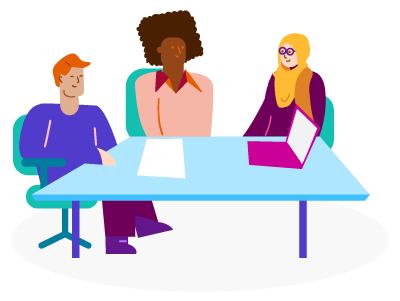Last updated: 21 March 2024
This briefing provides ‘Top Tips from the Frontline’ on how to advocate for women. The content was created at communities of practice and are based largely on the expert advice from the speakers.
Who is this document for?
Frontline homelessness practitioners who are in a position of advocating for women experiencing homelessness.
Why is it relevant?
Women are often eligible for support from the local authority if they are at risk of, or become, homeless. Changes made by the Domestic Abuse Act in 2021 also mean that people who are fleeing domestic abuse may be eligible for emergency accommodation.
- However, ‘Gatekeeping’ of local authority services can be common.
- Affordable, quality legal advice and support that women should be able to access to help them understand and enforce their rights can be hard to find.
- A lack of legal advice providers means frontline practitioners often provide limited advocacy while they try to secure formal legal support.
What are the key takeaways?
Advocacy means supporting a person to express their needs and wishes, and to understand and access their rights and entitlements (there are other forms of advocacy not described here). Advocacy often happens in three stages:
- Preparing what you might need to do to before you engage with the local authority directly.
- Direct engagement with the local authority, maybe in a call or meeting.
- Follow-up after the direct engagement to make sure action is taken.
Read the summary and/or briefing to find out top tips for successful advocacy in these three stages.
